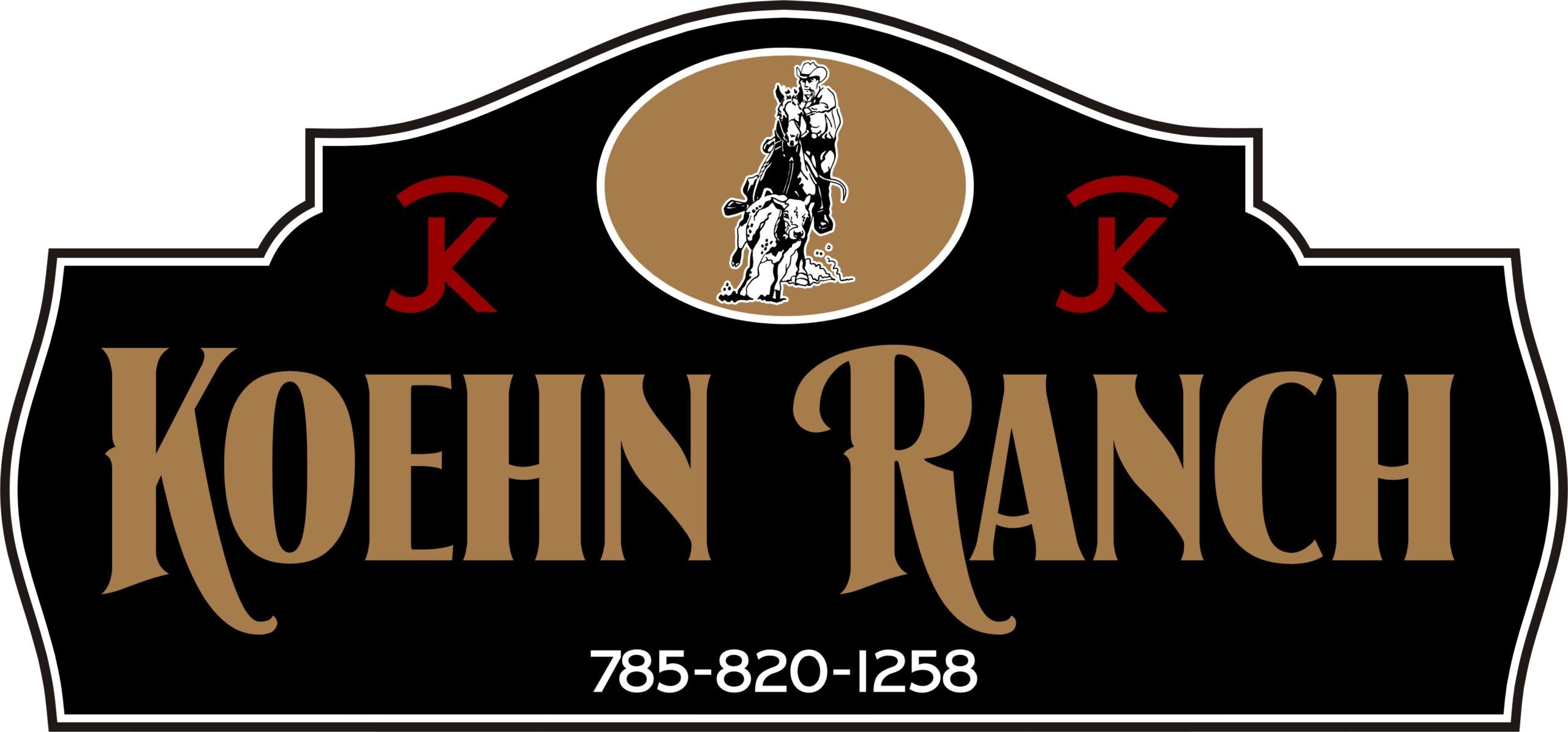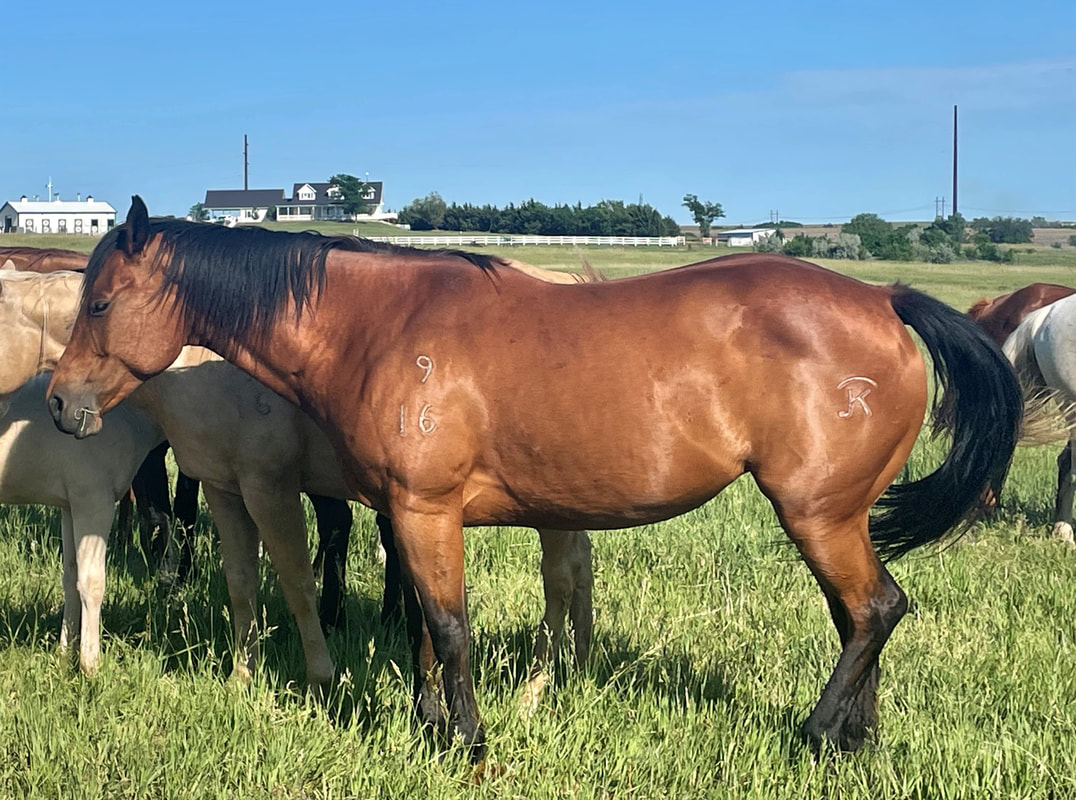If you are interested in providing Equine-assisted services in Kansas, US, there are a few steps you may need to take to ensure that you are operating legally and safely. Here are some general guidelines to consider.
Determine the type of equine-assisted service you want to offer. This could include therapeutic riding, equine-assisted therapy or counseling, equine-assisted learning, or other services.
Obtain any necessary training or certifications. Depending on the type of service you want to offer, there may be specific certifications or training programs that are required. You may want to check with organizations like the Professional Association of Therapeutic Horsemanship International (PATH Intl.) or the Equine Assisted Growth and Learning Association (EAGALA) for guidance.
Develop a business plan. This should include information on your target market, the services you will offer, the cost of providing those services, and how you will market and promote your business.
Obtain any necessary permits or licenses. Depending on the specific location in Kansas where you will be offering your services, you may need to obtain permits or licenses from local or state agencies. It’s a good idea to check with your city or county government to see what requirements apply to your business.
Find suitable facilities and horses. You will need a facility with enough space for horses and clients, as well as horses that are suitable for the type of service you will be offering.
Develop safety policies and procedures. Equine-assisted services can be risky, so it’s important to have safety policies and procedures in place to minimize the risk of injury to clients, horses, and staff.
Obtain liability insurance. Equine-assisted services can also be risky from a liability standpoint, so it’s important to obtain liability insurance to protect your business in case of accidents or injuries.
These are just some general guidelines to consider when starting an equine-assisted services business in Kansas. It’s important to research and comply with all local and state regulations, as well as industry best practices for equine-assisted services.

